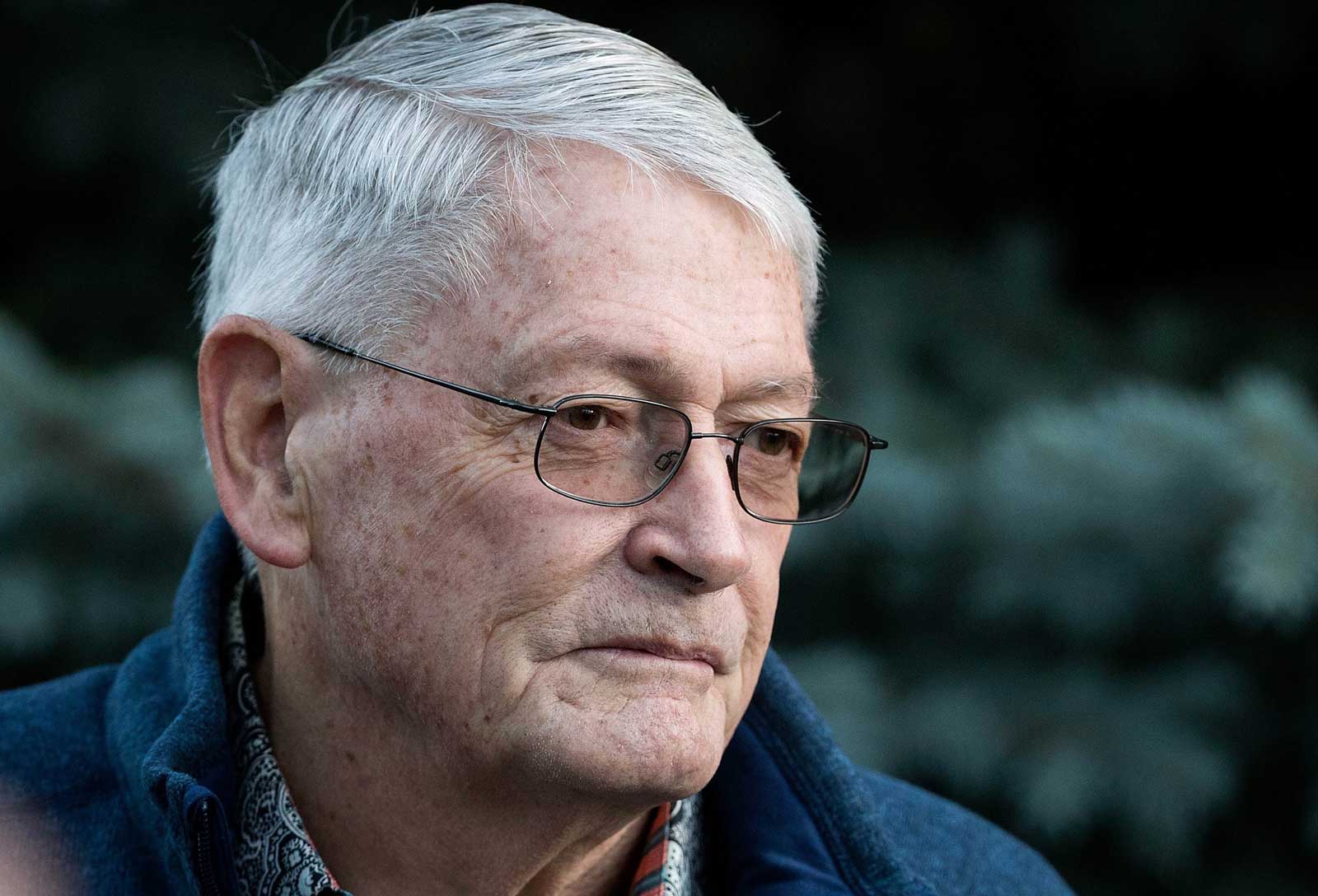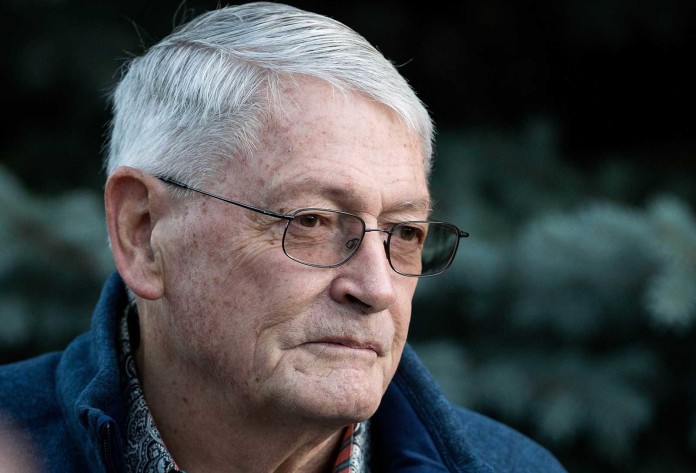SAN FRANCISCO – The takeover of Formula One, the world’s premier motor racing organisation, is the latest coup for American billionaire John Malone, a low-key deal-maker who, at 75, is one of the most influential people in broadcast media.
Over decades, Mr Malone has been involved, directly or indirectly, in a string of arch deal-making in the international media landscape, partnering or taking on the world’s biggest names in broadcasting and entertainment.
Forbes calls Mr Malone, whose fortune it estimates at US$7.1 billion (S$9.6 billion), “the most powerful man in cable”. A 2005 biography spotlighted Mr Malone’s alleged “cowboy” methods. Years earlier, a senator who would go on to be United States vice-president, Mr Al Gore, compared him to Darth Vader and a mafia kingpin.
Born to an Irish-American family in 1941 in Milford, Connecticut and a graduate of Yale and Johns Hopkins universities, Mr Malone cut his teeth in the 1960s at the telecoms giant AT&T and at the consultancy McKinsey.
He owes his reputation as a hard if not nefarious bargainer to his long years spent at the US cable TV operator TCI, which he led from 1973 until its merger with AT&T in 1999.
Today, Mr Malone works more on the sidelines through a group of holding companies such as Liberty Media and Liberty Global, which he loads up with debt to support his acquisitions.
Through them Mr Malone embarked on conquests in the European cable and broadcast industries in recent years, spending tens of billions to buy Ziggo in the Netherlands, Unity Media and Kabel BW in Germany and Virgin Media in Britain.
In the United States, he also had a role in this spring’s mega-merger between Charter Communications, which he partly controls, Time Warner Cable and Bright House Networks.
In addition to broadcast and telecoms, Mr Malone has dabbled for decades in power games over TV and movies. Believing media groups should scale up to survive the tough current environment, he was seen as the architect of the June merger between the premium cable network STARZ and movie studio Lionsgate. He was a shareholder in both companies.
Beginning in the 1990s, he wavered between marriages of convenience and power struggles with other American media moguls. Thus it was in the early 2000s that he found himself at odds with News Corp’s Rupert Murdoch.
Unnerved at seeing Liberty Media gain a significant stake in News Corp, Mr Murdoch seized back control of his empire in 2007 but ceded control of the satellite network DirecTV to Mr Malone in the process.
The acquisition of Virgin Media in 2013 was seen as a new attack on the Murdoch family, its Sky satellite television group in particular, which Mr Malone reportedly to hoped to dethrone in the British market.
Mr Barry Diller, another US media tycoon, can look back on 17 years of ups and downs in dealing with Mr Malone, ending in a 2010, when Mr Malone cashed out of Diller’s IAC. Mr Malone had been among Mr Diller’s allies in the 1990s during the battle for control of Paramount Pictures, a battle ultimately won by Mr Sumner Redstone of Viacom.
Married with two children, Mr Malone leads a less flamboyant life than other billionaires, drawing little attention to his private life and reportedly vacationing in a luxury motor home.
Outside his cable and other media interests, Mr Malone has vast land holdings – several ranches and a storied Irish estate – and he encourages environmental conservation on his properties.
His philanthropic donations have focused on learning, benefiting stem cell research at Colorado State University.







